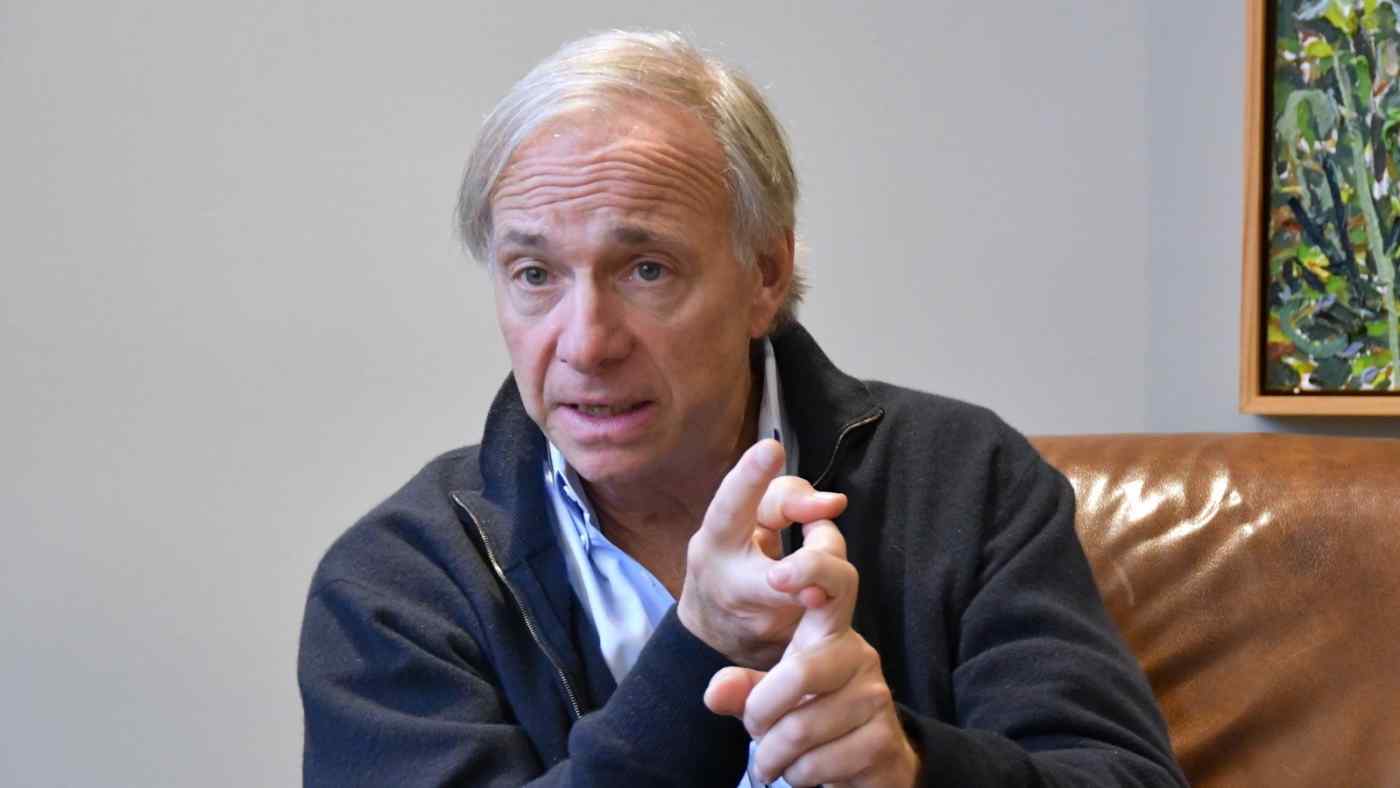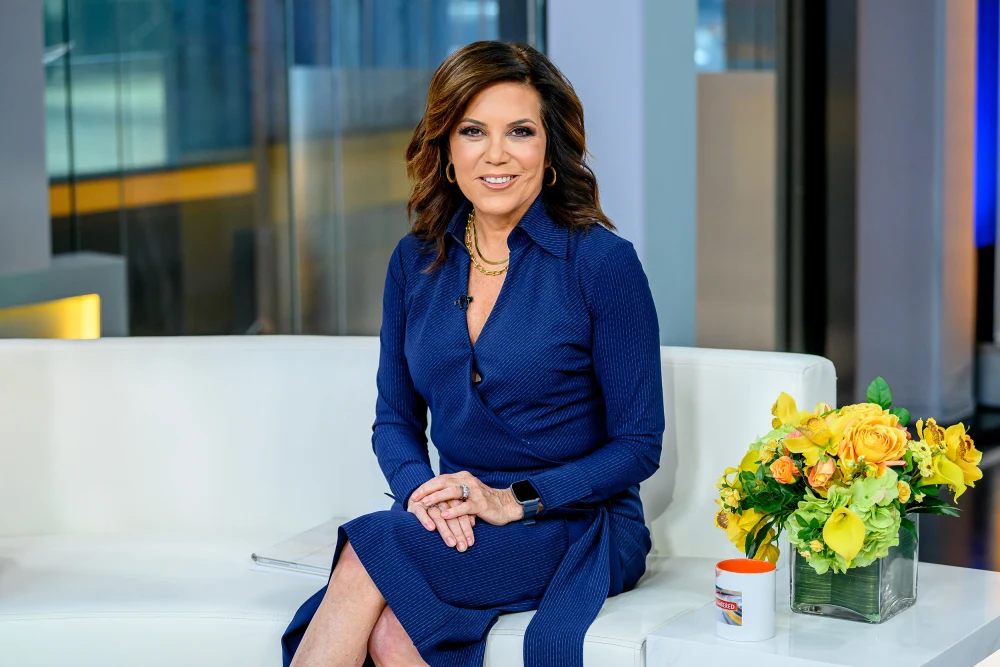NEW YORK — With the dollar losing clout and the world dividing into competing currency and economic blocs, American investor Ray Dalio said it will be countries less vulnerable to global conflict like those in Southeast Asia that prosper in coming years.
Dalio, who founded the $150 billion U.S. hedge fund Bridgewater Associates, said that the current world order is changing in ways more similar to the time leading up to and during World War II than the post-war period. “We are seeing each country’s populism and nationalism growing in preparation for greater conflicts,” he said.
He compared what is happening today to pre-war Japan. A global financial crisis and economic depression pushed Japan toward nationalism and “conflict with outside powers, most importantly the United States,” he said.
“A study of past wars and logic shows that those who were in the wars were greatly harmed, and those who were not involved in the wars prospered,” he said, explaining that neutral countries have typically fared better than even the winners.
Despite this, remaining neutral “will become increasingly difficult,” he said.
Dalio saw greater risk and consequences for a war today than during the Cold War, “because the Soviet Union was never a comparable power to the United States” economically.
China has emerged as that economic rival, he said.
And then there is the matter of the dollar’s declining clout. The era of a “dollar-dominated world order” and a globalized economy was “fading away,” Dalio said. “We are now going to have the major powers and their allies form economic, currency, and military blocs.”
In addition to the U.S., Europe and Japan — both mature economies home to key currencies — “have run up very large debts and have developed a dependence on their central banks to print money to buy the government debts,” he said.
The increase in debt monetization “will mean that holders of debt assets will get bad inflation-adjusted returns,” he added.
He instead recommended investing in countries that have sound finances, have no serious internal conflicts, are less vulnerable to international war, and are continuing to innovate.
His list included members of the Association of Southeast Asian Nations like Indonesia and Vietnam, as well as India and countries in the Saudi Arabia-led Gulf Cooperation Council. “Those desiring globalization will now look beyond the United States, China and Europe,” he said.
“Anti-globalization will be true in the major powers and those aligned with them,” but neutral countries that serve as “havens for globalists” will see great prosperity, he said.
Mexico is one example. “You’re seeing a movement of production from China to Mexico because it’s cheaper and they can export easily into the United States,” he said.
Dalio identified 2024 as a particularly risky period, given the presidential elections that year in both the U.S. and Taiwan. “Taiwan is the only major risk point for war between the U.S. and China,” he said.
While stressing that neither the U.S. nor China wanted war, Dalio said he did not think “China will tolerate a separation [with Taiwan] forever.” He predicted that China will attempt to resolve the issue before the end of Chinese leader Xi Jinping’s presidency.
Japan’s best bet in navigating such geopolitical challenges will be to bolster its defensive capability so it is not dependent on the U.S., all while maintaining trade, Dalio said.
Dollar-dominated global order is ‘fading away’:Ray Dalio




